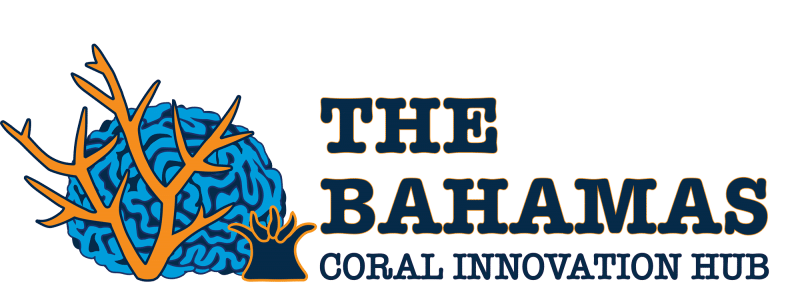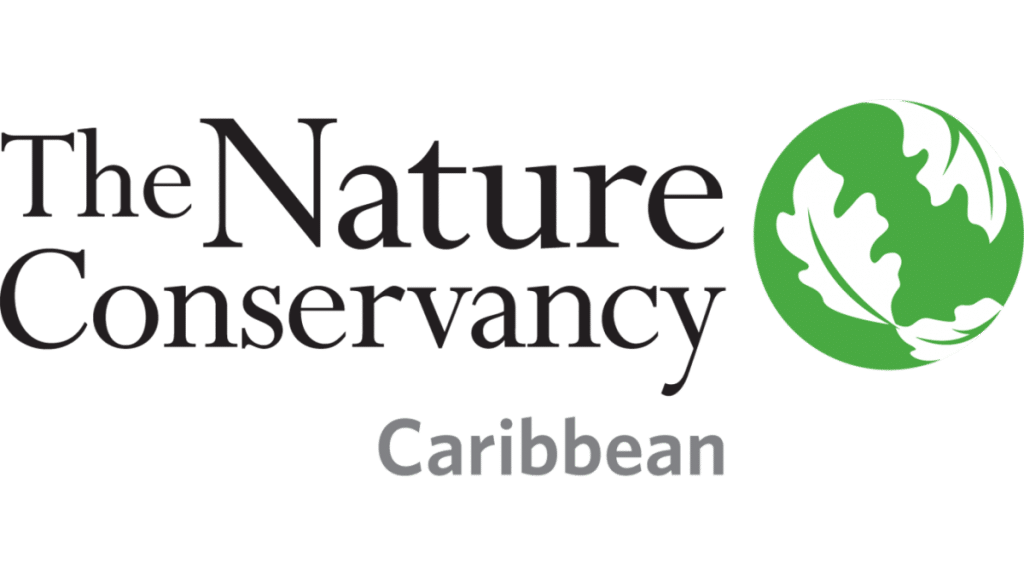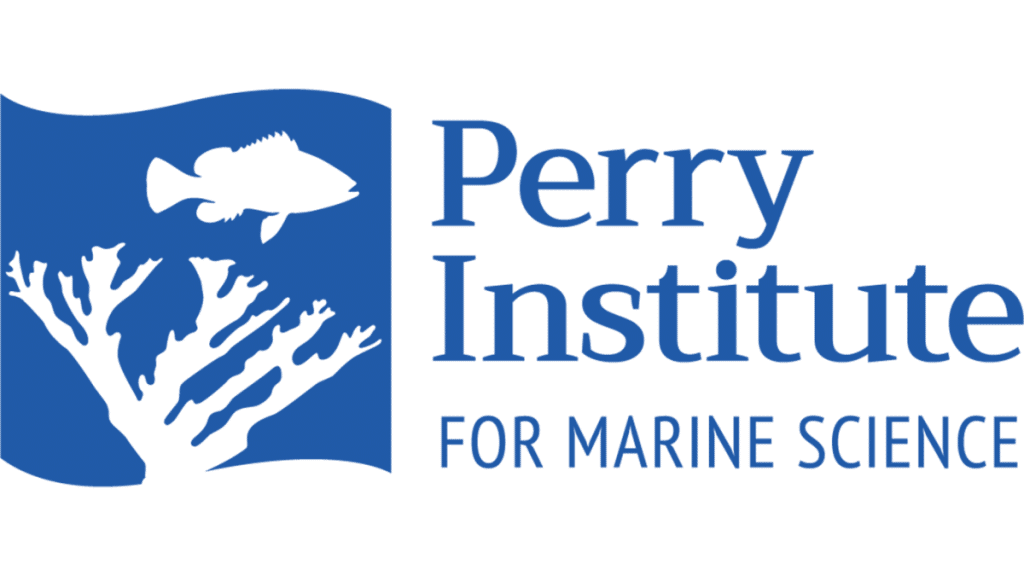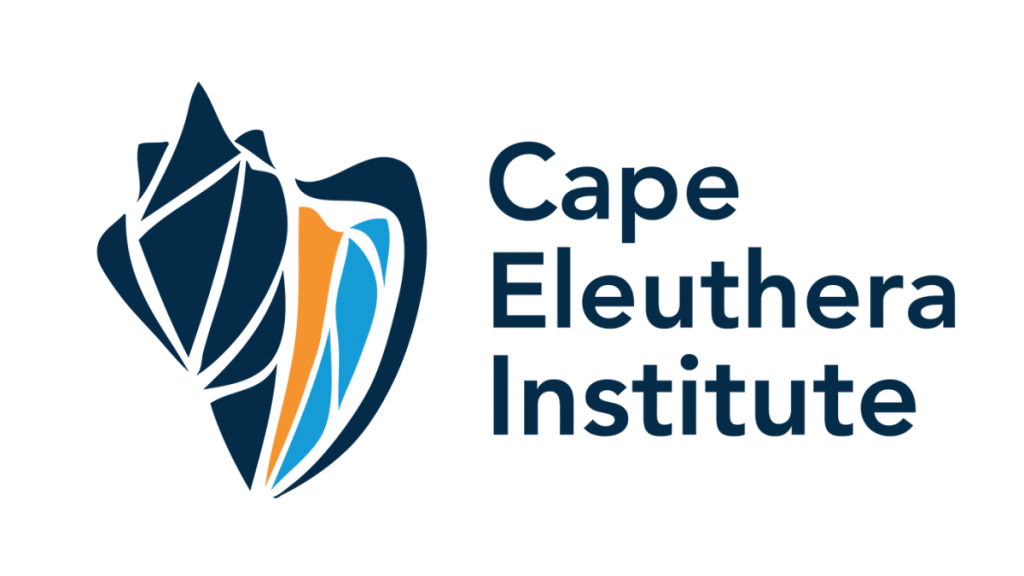NURSERY-REARED CORAL
FRAGMENTS
LARVAL PROPAGATION
MICROFRAGMENTATION
STUDENT INVOLVEMENT
What We Do.

The Bahamas Coral Innovation Hub (BCIH) is a center for development, implementation, and dissemination of scalable coral restoration techniques to help counteract coral reef decline. We’ve created a research facility that hosts a network of integrative people, such as coral scientists, conservation managers, local stakeholders, students, and educators from around the world! The BCIH, located in South Eleuthera in The Bahamas, is a collaboration between the Perry Institute for Marine Science (PIMS), Cape Eleuthera Institute (CEI), and The Nature Conservancy (TNC).
Why Is This Research Important?

Here at the hub, our main goal is to innovate restoration techniques and integrate scientific research to maintain the genetic diversity of coral reefs and rehabilitate degraded reefs at a larger scale. Our restoration efforts are focused on 3 core areas of research: nursery-reared coral fragments, coral microfragmentation, and larval propagation. We also involve students within our research activities to encourage younger generations to pursue careers in marine conservation, as well as raise community awareness about the importance of coral reefs.
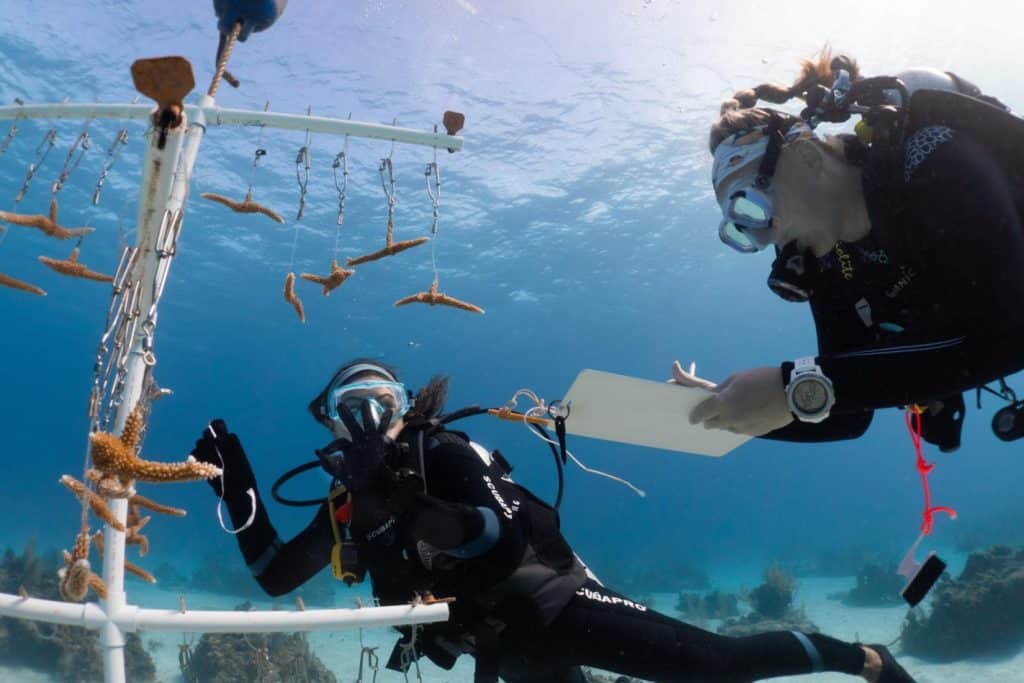
Nursery-reared
Coral Fragments

Using ocean-based nurseries as our backdrop, we compare the growth, outplant success, and longterm survival of Critically Endangered coral species off South Eleuthera, as well as from distinctive thermal regimes around The Bahamas. Our research and restoration efforts aim to actively increase the genetic diversity of coral reefs in The Bahamas.
Larval Propagation

The Larval Propagation Rehabilitation Project aims to apply innovative larval propagation and coral husbandry techniques to rehabilitate threatened coral populations. We do this by collecting coral gametes during spawning events and cross fertilizing them to produce thousands of genetically distinct corals to outplant on the reef. With our work, we hope to increase genetic diversity on degraded Bahamian reefs and study the early life history stages of different coral species.
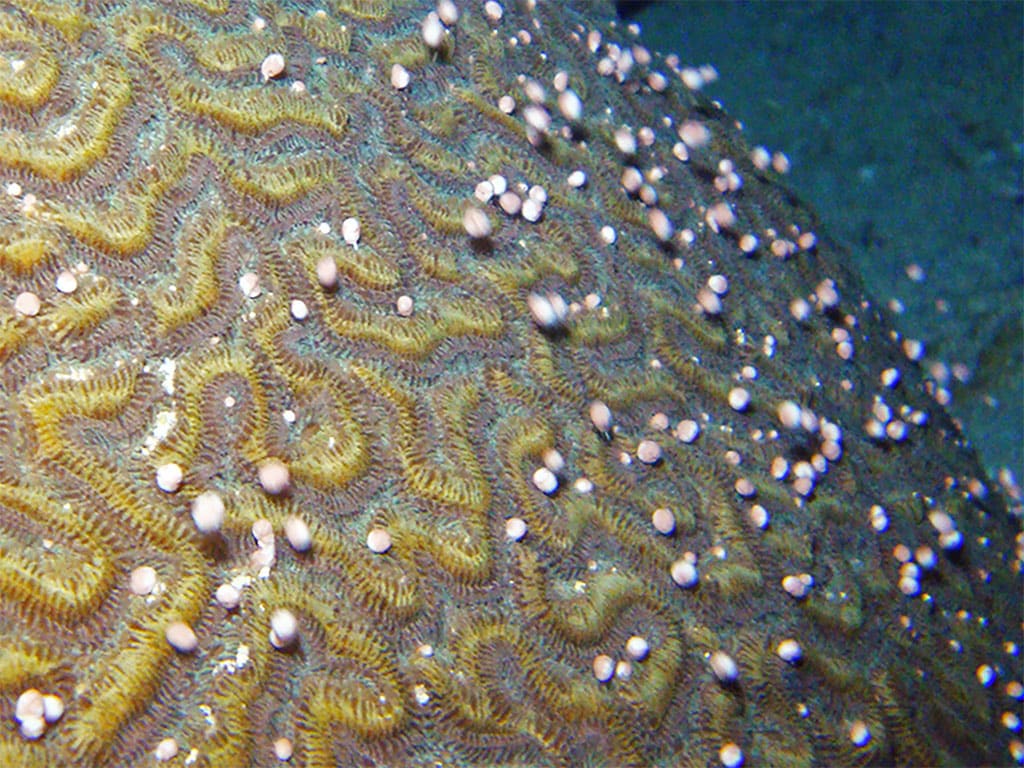
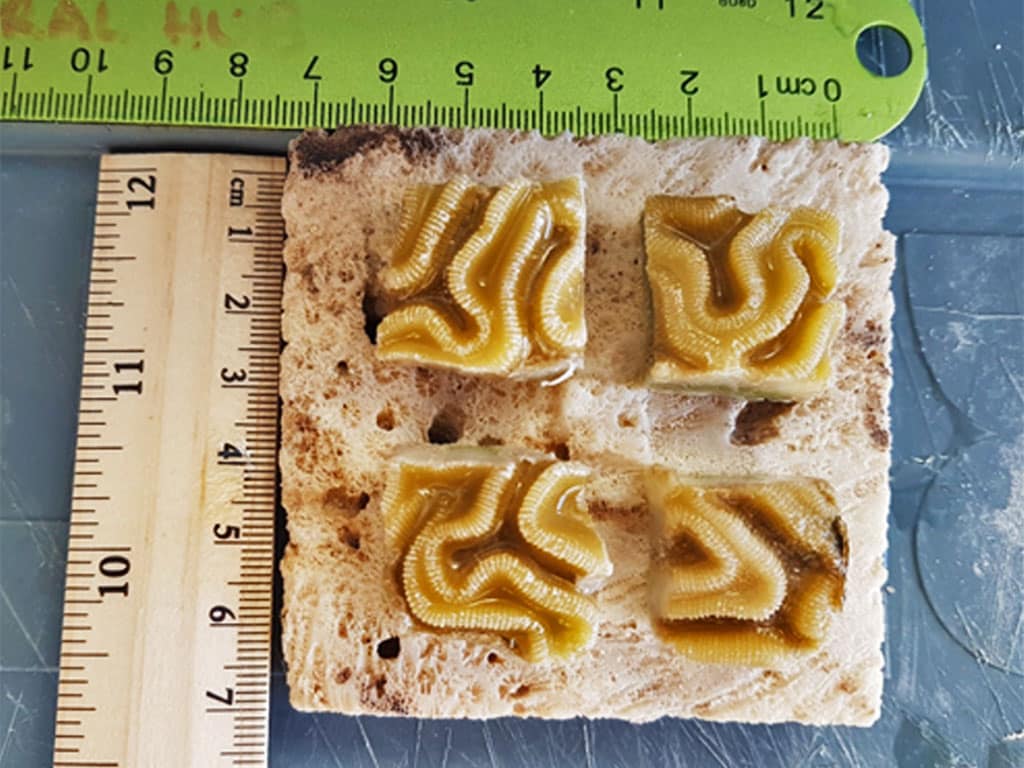
Microfragmentation

We document the most successful microfragmentation methods needed to upscale our efforts to restore as many boulder coral species as possible. We also investigate the survivorship and growth of microfragmented boulder corals in our land-based wetlab facility and offshore nursery table. If proven successful, we will outplant larger microfragments directly to the reef.
Student
Involvement

The Bahamas Coral Innovation Hub (BCIH) works closely with the Island School to involve students in our research activities. Students that work with us gain a basic understanding of coral reef ecology, and how we use various restoration strategies to help facilitate the recovery of degraded Bahamian reefs. We allow our students to participate in hands-on lab and field activities that contribute directly to our research initiatives.
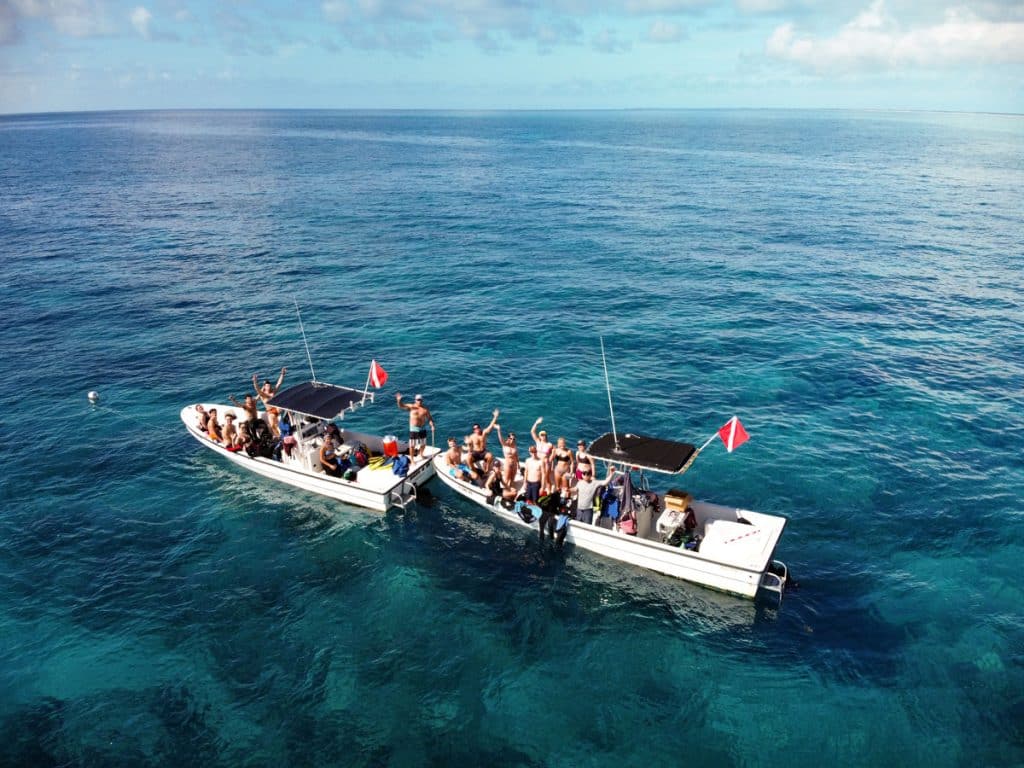
Let's Stay Connected

Be part of our growing community dedicated to restoring coral reefs and protecting marine life. Subscribe for inspiring stories, research insights, job opportunities, and ways to get involved.


